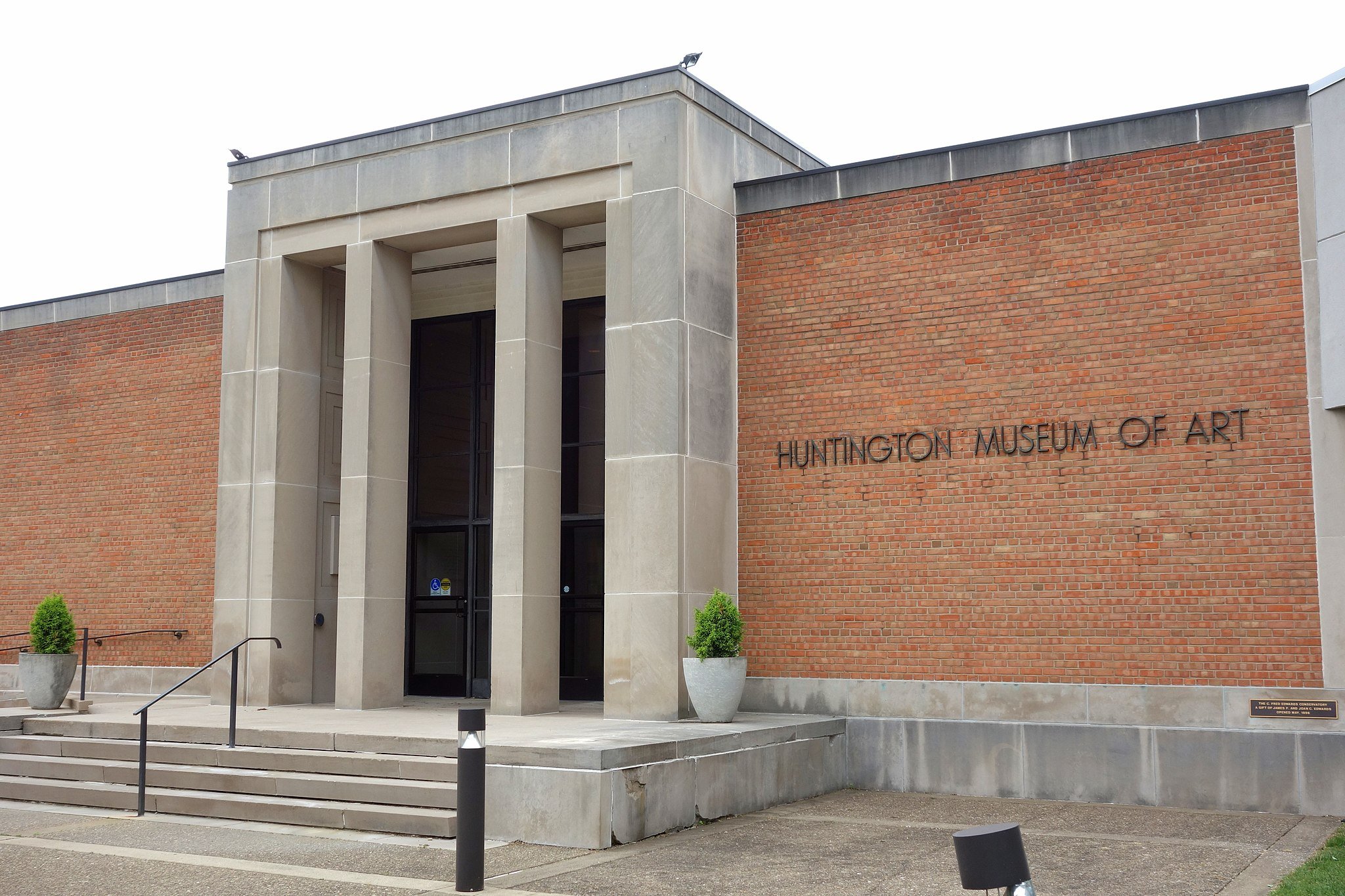
The West Virginia House of Delegates has passed a bill that would allow for the prosecution of museums that display purported obscenity to children, as conservative lawmakers around the country crack down on libraries and schools with book bans.
House Bill 4654 passed with a vote of 85 to 12, mostly along party lines, on February 16 and was sent to the West Virginia Senate on February 20. It has been deferred to the senate’s judiciary committee for consideration. If the bill passes the upper chamber of the state legislature, it would likely be signed into law by Republican Gov. Jim Justice.
If enacted, the law would amend the state code to remove exemptions for criminal liability from schools, libraries, and museums, allowing them to be criminally charged for the distribution and display of “obscene” matter to minors.
The bill does not redefine what qualifies as “obscene” and is otherwise vague on how it would be applied and enforced. Under the existing state code, those found guilty of distributing “obscene” materials to minors could face five years in a state prison or a fine up to $25,000.
The existing definition for “obscene” under state law means any material that “an average person” would find depicts or describes sexually explicit conduct “in a patently offensive way.” A second definition includes material that “a reasonable person” would find lacks literary, artistic, political, or scientific value.
“What this bill does do is stop obscene and pornographic material, sexually explicit materials from being available to children in public taxpayer-funded spaces,” Del. Elliott Pritt said in comments to The Parkersburg News and Sentinel.
The bill was introduced by State Del. Brandon Steele, who did not respond to a request for comment. Previously, the lawmaker called libraries “the sanctuary for pedophilia,” according to the West Virginia Watch.
Opponents of the bill have largely spoken out against potential unintended consequences for libraries especially, noting that the legislation could increase challenges to books that simply include mentions of sex. Additionally, undue criminal charges could be brought against library staff and educators.
“Because this is still vague, I’m scared,” said House Minority Leader Sean Hornbuckle, D-Cabell. “This is a very dangerous bill.”
Museums face the same risks, as acknowledged by the West Virginia Association of Museums, the statewide museum association that serves and advocates for West Virginia’s 250 museums and cultural institutions. The organization has released a statement voicing opposition to House Bill 4654.
“An attack on these institutions is an attack on the present and future development, success, and prosperity of the state of West Virginia,” the statement reads.
The association urged state lawmakers to revise the language of the bill, adding that it is not opposed to protecting children from potentially harmful materials. However, the association blasted the law as an “indiscriminate change” with “vague language” that endangers the community of library and museum professionals.
“This vague definition opens the door for attacks and legal challenges on any exhibit, program, lecture, publication, or other project that some member of a community may not agree with,” the association said. “‘Obscene Matter’ as defined in the bill, is not clear and could be left up to interpretation.”
The bill follows an increase in conservative education legislation in Republican-led states, most of which has revolved around book bans. In April 2023, the Arkansas General Assembly passed an amendment to a law that cracked down on schools and libraries for distributing materials allegedly “harmful to minors.” The law did not remove an existing exemption for museums. State Sen. Dan Sullivan, a Republican, said before it was passed that constituents were not concerned about obscenity at museums.
Minors’ exposure to “obscene” art has been the subject of conservative scrutiny in Florida, however, where a school board fired a principal after parents complained about a “pornographic” lesson featuring Michelangelo’s David (1501–04), the 14-foot-tall nude marble Renaissance masterpiece.
The West Virginia bill would seemingly be the first time a law in the U.S. specifically targeted museums for obscenity.
On a national level, a group of leading organizations for museums and their staff issued a joint statement condemning the bill. The statement was released on February 21 by the Association of Art Museum Directors, American Alliance of Museums, the Association of Academic Museums and Galleries, and the Association of Art Museum Curators.
“Our organizations—which represent North America’s leading art museums—strongly condemn the recent passage of West Virginia’s House Bill 4654,” the statement reads. “By removing these exemptions, HB 4654 jeopardizes the ability of art museums and their professionals to curate and display diverse and challenging artworks that are essential for fostering creativity, critical thinking, and an educated citizenry.”